Books and DVD
-

Christmas 2016 Special Offer
$85.00 Add to cart -
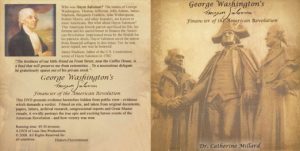
George Washington’s Haym Salomon – Financier of the American Revolution – DVD
$22.50 Click here to order! -
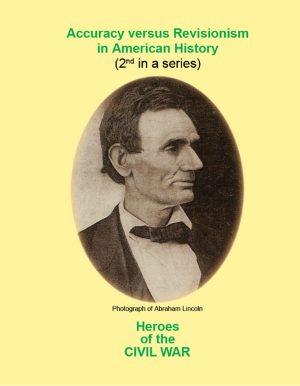
Accuracy versus Revisionism in American History – Heroes of the Civil War (2nd in a series) –DVD
$22.50 Click here to order! -

Accuracy vs. Revisionism in American History – Thomas Jefferson (1st in a series) – DVD
$19.95 Click here to order! -

The Christian Heritage of our Nation–Philadelphia, City of Brotherly Love–DVD
$16.00 Click here to order! -

The Christian Heritage of our Nation– Four National Historic Churches–DVD
$16.00 Click here to order! -

The Christian Heritage of our Nation–Ten National Memorials –DVD
$16.00 Click here to order! -

The Christian Heritage of our Nation–Ten National Landmarks–DVD
$16.00 Click here to order! -

The Rewriting of America’s History DVD–Vol. II
$22.50 Click here to order! -

The Rewriting of America’s History DVD–Vol. I
$22.50 Click here to order! -

Sir Isaac Newton’s Proof of Creationism
$19.95 Click here to order! -

Book of Prophecies of Christopher Columbus, Messianic Jew
$19.95 Click here to order! -
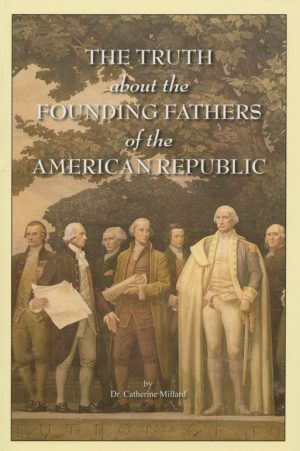
The Truth about the Founding Fathers of the American Republic
$19.95 Click here to order! -

The Dismantling of America’s History
$16.00 Click here to order! -
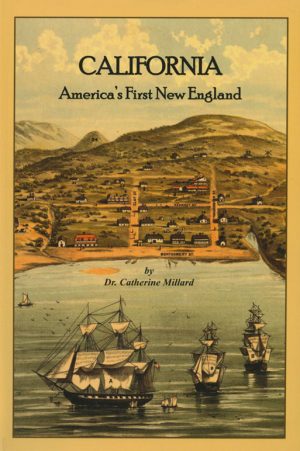
CALIFORNIA – America’s First New England
$15.95 Click here to order! -

Stories from Bible History for Home and School, 1884.
$15.95 Click here to order! -

ISRAEL – Covenant Land
$16.95 Click here to order! -

The Christian Heritage of the 50 United States of America
$15.95 Click here to order! -

The Christian Heritage of our Nation History Book – U.S. Presidents and Their Churches
$24.95 Click here to order! -

The Christian Heritage of our Nation History Book – Ten National Memorials
$24.95 Click here to order! -

The Christian Heritage of our Nation History Book – Ten National Landmarks
$24.95 Click here to order! -
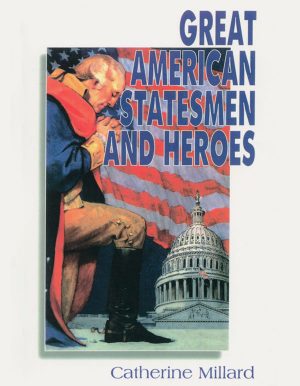
Great American Statesmen and Heroes
$16.00 Click here to order! -

A Children’s Companion Guide to America’s History
$16.00 Click here to order! -

The Rewriting of America’s History
$19.95 Click here to order!